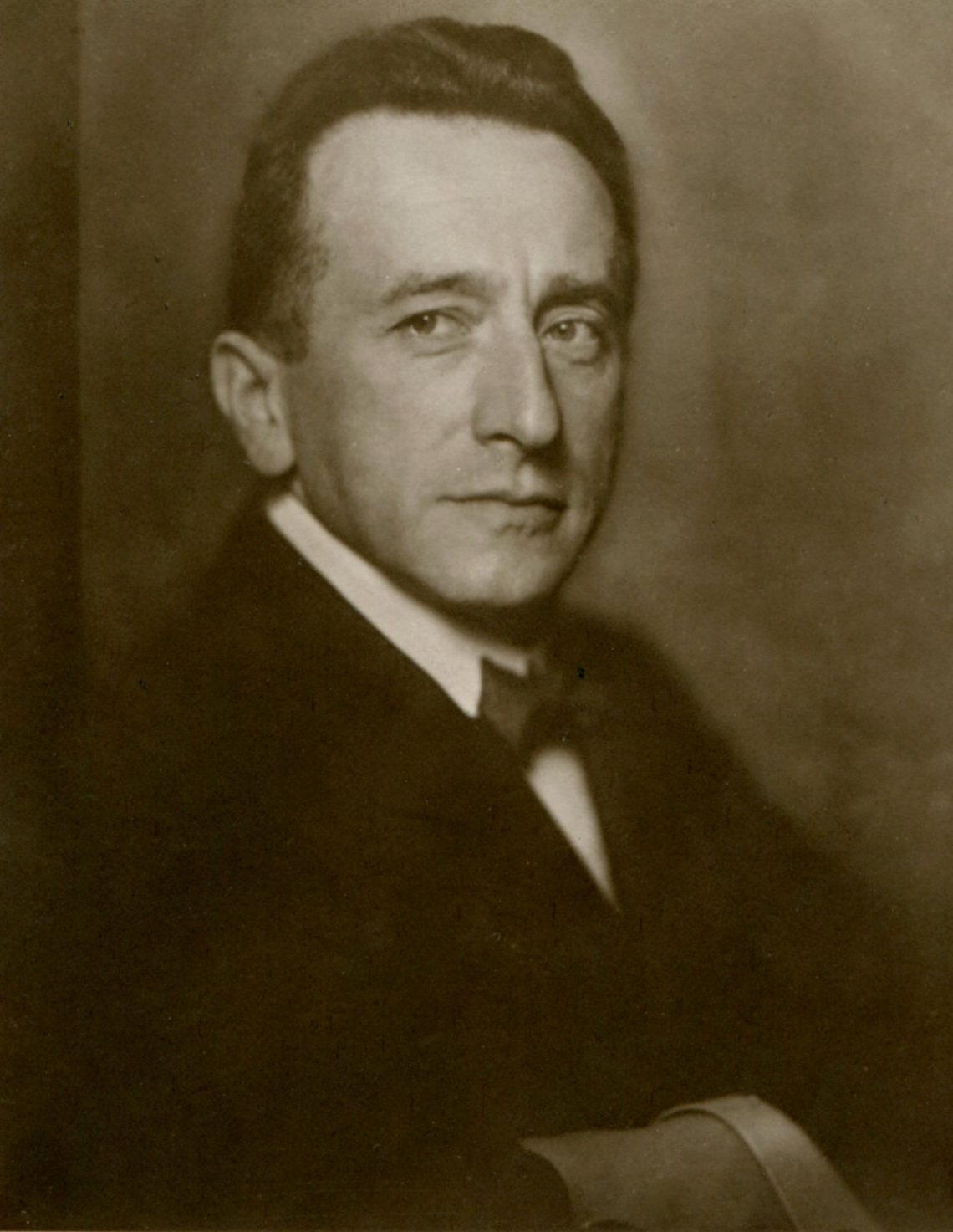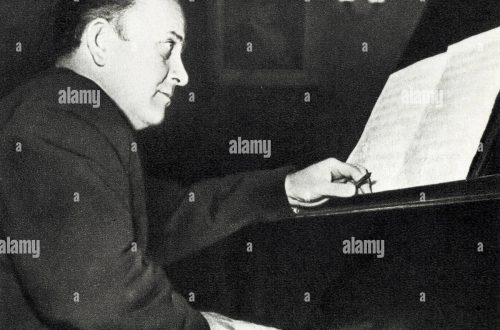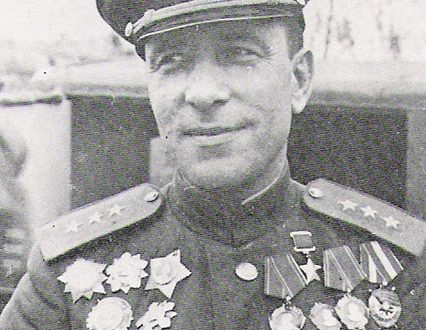
Leo Blech |
Leo Blech
Leo Blech’s talent was most clearly and most fully manifested in the opera house, with which the culmination of the artist’s glorious conductor’s career, which lasted almost sixty years, is associated.
In his youth, Blech tried his hand as a pianist and composer: as a seven-year-old child, he first appeared on the concert stage, performing his own piano pieces. Having brilliantly graduated from the Higher School of Music in Berlin, Blech studied composition under the guidance of E. Humperdinck, but soon realized that his main vocation was conducting.
Blech first stood at the opera house in his native city of Aachen back in the last century. Then he worked in Prague, and from 1906 he lived in Berlin, where his creative activity took place for many years. Very soon, he moved into the same row with such luminaries of the art of conducting as Klemperer, Walter, Furtwängler, Kleiber. Under the direction of Blech, who for about thirty years was at the head of the opera house on Unterden Linden, Berliners heard a brilliant performance of all Wagner’s operas, many of the new works of R. Strauss. Along with this, Blech conducted a considerable number of concerts, in which the works of Mozart, Haydn, Beethoven, symphonic fragments from operas and compositions of romantics, especially loved by the conductor, sounded.
Blech did not want to tour often, preferring to work constantly with the same bands. However, a few concert trips have strengthened his wide popularity. Especially successful was the artist’s trip to America, made in 1933. In 1937, Blech was forced to emigrate from Nazi Germany and for several years directed the opera house in Riga. When Latvia was admitted to the Soviet Union, Blech toured Moscow and Leningrad with great success. At that time, the artist was almost seventy years old, but his talent was in its heyday. “Here is a musician who combines genuine skill, high culture with vast artistic experience accumulated over many decades of artistic activity. Impeccable taste, excellent sense of style, creative temperament – all these features are undoubtedly typical of the performing image of Leo Blech. But, perhaps, to an even greater extent characterizes his rare plasticity in transmission and each individual line and musical form as a whole. Blech never allows the listener to feel it outside the whole, outside the general context, the general movement; the listener will never feel in his interpretation the seams that hold together the individual episodes of the work,” D. Rabinovich wrote in the newspaper “Soviet Art”.
Critics from different countries admired the excellent interpretation of Wagner’s music – its striking clarity, unified breathing, emphasized the virtuoso mastery of orchestral colors, the ability to “get the orchestra and a barely audible, but always intelligible piano”, and “powerful, but never sharp, noisy fortissimo” . Finally, the deep penetration of the conductor into the specifics of various styles, the ability to convey music to the listener in the form in which it was written by the author was noted. No wonder Blech often liked to repeat the German proverb: “everything is good that is right.” The complete absence of “executive arbitrariness”, careful attitude to the author’s text were the result of such an artist’s credo.
After Rigi, Blech worked for eight years in Stockholm, where he continued to perform at the opera house and in concerts. He spent the last years of his life at home and since 1949 was the conductor of the Berlin City Opera.
L. Grigoriev, J. Platek





